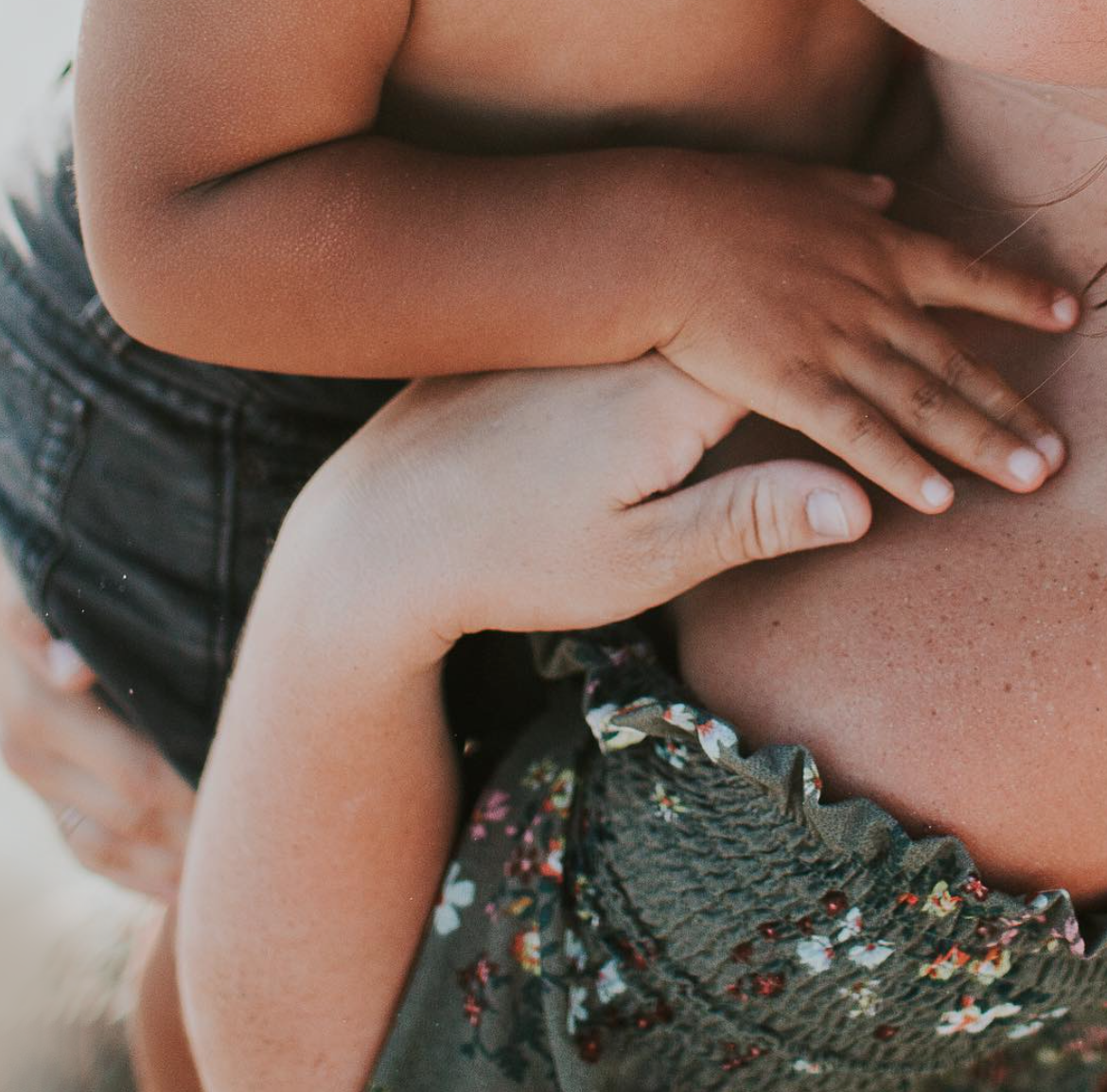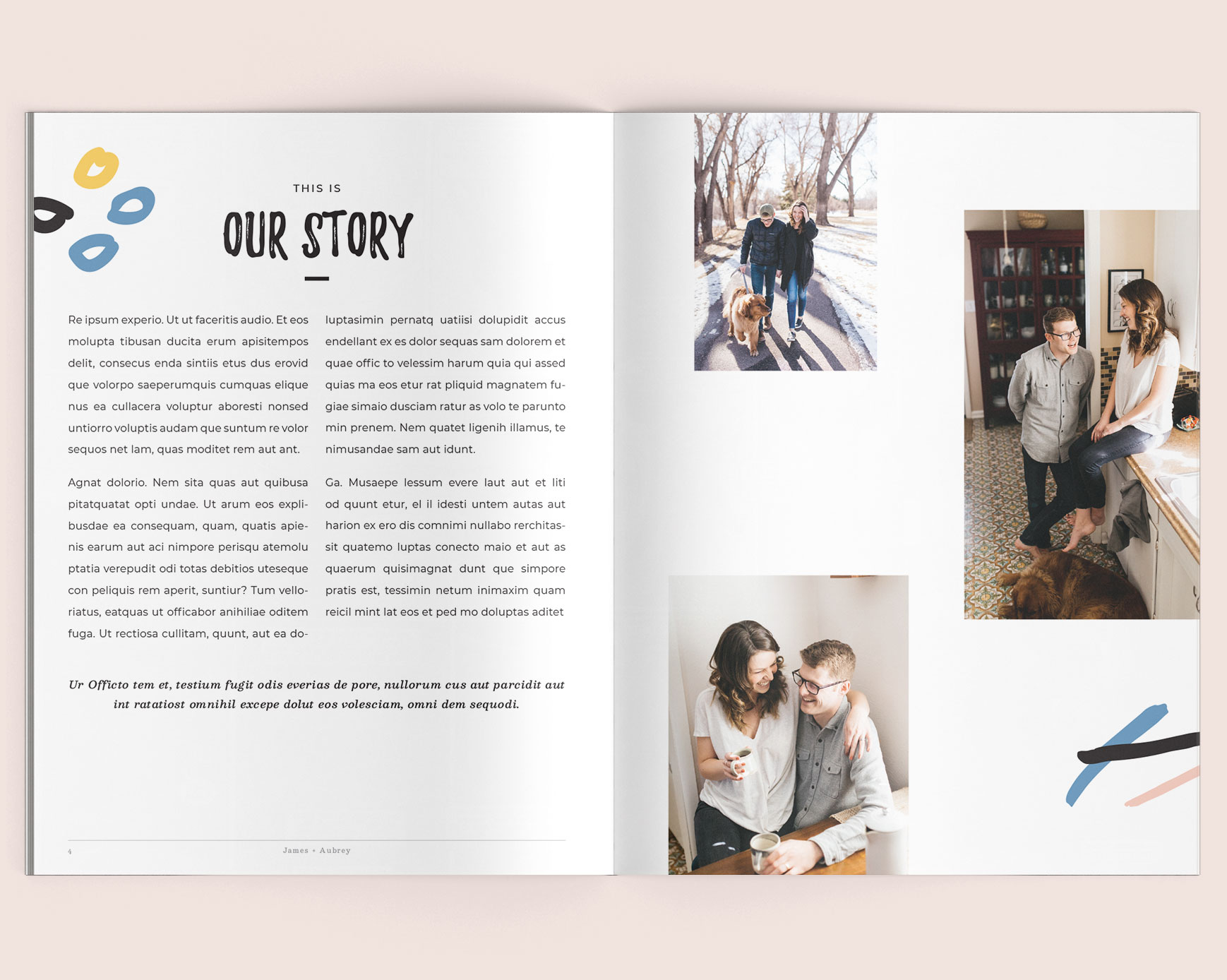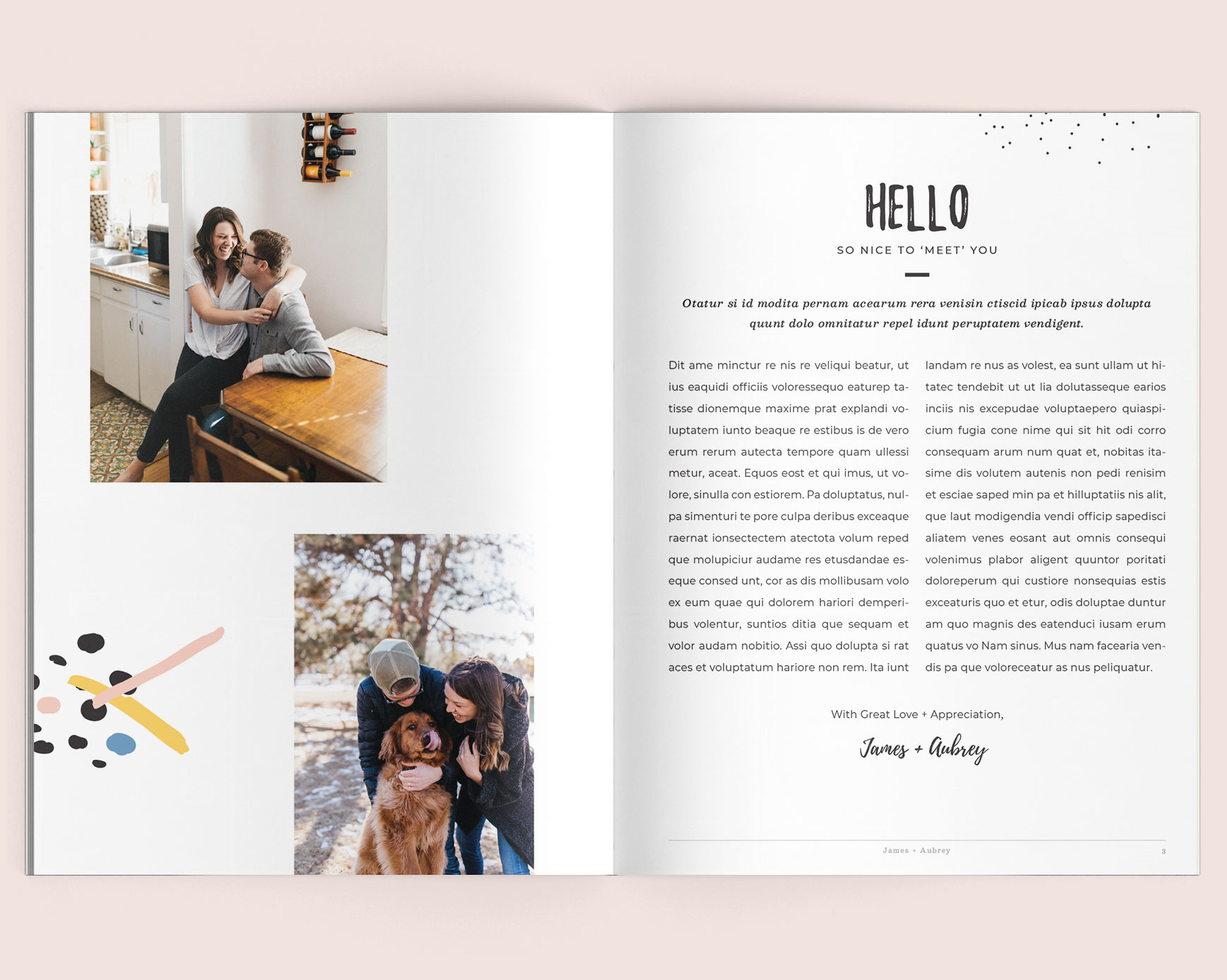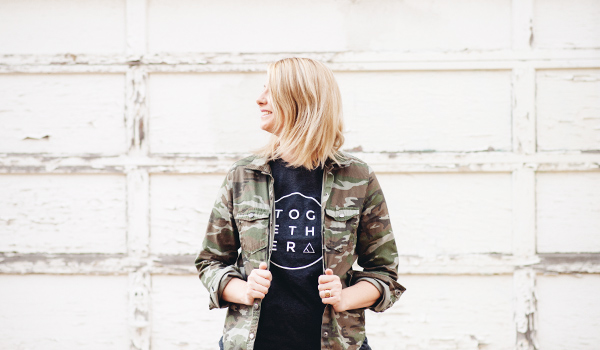I’ve Never Felt Blacker…
I am a transracial adoptee, black and white is my racial mixture. Growing up in a rural community over 50 years ago, I saw prejudice; I heard discriminatory words. My situation was even a bit more complicated because until I was 21 years old I did not know my father’s racial background. As a child, when I would think about if I was black, thoughts like this would cross my mind: “Would my family still love me?”, or even worse, “would they still WANT me? I never told anyone about this fear. It was a heavy weight to carry. I had a family who loved me, a community that embraced me, but I still had this uneasy feeling.
One thing I did know at a very early age was if there was a war between whites and minorities, I knew which side I would be on. I felt it deep in my bones. At age 21, when I found my birth mother—who was white—and she told me my birth father was black, a huge weight lifted from my shoulders. “I ALWAYS KNEW I WAS!”
Since that day, I have been peeling layers of questions, hurt, rejection, full self acceptance, new love, and authenticity. I have dedicated my life to social justice reform and prejudice awareness. I have trained thousands of students and adults how to understand racism and bias. I have guided people to move from being a bystander to an ally. I know the pain of racially being alone and not having anyone to talk to. I know what it feels like to be the only one.
I have had a passion to spend time speaking to white adoptive parents getting ready to adopt transracially. This time when so many of us are feeling the pain of George Floyd and what he represents. For me, he represents our children, our father, our brother, our friend. This tragedy visually shows us what many of our brown brothers and sisters go through way too often.
Even when loved, transracial adoptees can feel fears for our own safety, even questioning:
“Does my family feel that way toward black people?”
Older children might ask, “Does my white family understand why there are so many protests?” “Will my family still love me if I protest?”“Should I talk to my family about the fears I feel?” We may constantly second guess, isolated in our feelings: “Did that situation just happen because I am black? Do they understand how that makes people of color feel? Do I talk about the microaggressions with my family? I feel really sad inside—HOW DO I TALK ABOUT THIS?”
What can you do as a white parent? Personally, I was recently afraid to call my mom who is now 84 years old. I was afraid she might say something that would trigger me. When I called her after I had a couple days of personal pain, and feeling numb—like many of us—she said, “How are you doing?” I couldn’t speak for a bit, and then I just started to cry.
I started mumbling words, “The photo of this man was so hard for me to see, and I fear for my boys, my friends, and myself. It is so triggering for me to see that graphic picture that they keep showing over and over.” I said, “For people of color that is a very triggering photo!” She said, “We should all have a horrible reaction to that photo, not just people of color.”
This was the moment I felt she was with me. She is doing her best to understand me. Again, I felt the relief of my shoulders going down. When you are adopted there is a feeling of pleasing your parents, and not wanting to let them down. They gave me a home, food, a life (the guilt). We do not want to feel rejection again.
What can you do?
I have been hearing from many transracial adoptees how many of their white families have not called and reached out to them during this time. Imagine if there was a tornado in the area where your family members live, and you hear about it on the news, would you call them immediately to see if they are OK? Of course you would!
These days I have felt like I’m in a tornado, emotions are swirling and whipping through my heart. So the question is, “Have you reached out to your black and brown family members to see if they are OK?” Reaching out does not have to be difficult and could be a powerful and kind open door. If you are afraid to ask, you can ask yourself why.
Does it make YOU feel uncomfortable to talk about the black and brown people in your family? This is where therapists and other trained professionals can provide invaluable assistance. It takes a village to be human. Parents, listen to your children. Not just words, but body language as well as silence. When you adopted a black or brown child, you became a multi-racial family. You are also part of your child. But you have privilege. Speak out. When you are in a church gathering and you hear discrimination, stand up to it. When there is a racist comment over the dinner table at a big family gathering how do you respond? Are you ready to stand up for your child? We are listening.
Do not allow your friends to say, “We don’t see color.” Of course they do! When I hear people say that I think and say, “Well, you do not see ME!” Stand up for your child instead of freezing. Read books, journal about your feelings, make unlearning prejudice a conscious process!
I grew up in white culture and I remember when my friends stood up for me. I also remember when I was called the “N” word and went and told my teacher and she did nothing about it. We have feelings and we see and hear everything. If we don’t talk about it, we might not know how. Do not force us, but sit with us, for when we are ready we will know YOU are safe for us to be vulnerable with. Love us unconditionally. “Of course I love my child,” you might be thinking, but loving also means listening to understand. Actions are love.
Watching discrimination and doing nothing in front of your child is not an action of love, and we see it and feel it.
This is a hard time for many of us. It is also a time for white people in general to stand up and SPEAK! Enough being on the sidelines. WE NEED EACH OTHER! I have spent a lifetime on the journey of speaking my truth. Help your children be able to speak their truth and be their truth. This is your time to be on the right side of history. Will you be there for us?
I will stand up for you, will you stand up for me?
Pamela Cook lives in Evanston, Illinois with her husband and 5 boys. She enjoys dancing, gardening, traveling, and yoga. Her husband Raul Dario Amezquita (@lifeofrauldario) took the photos shown in this blog. She is the founder of “Mosaic Experience”, a leadership and team development consultant firm, and “I am Pamela”, where she does one-on-one life coaching, small group interactive sessions, and large auditorium motivational presentations on ‘how to feel comfortable in your own skin’. Pushing through our challenges to find quality of life, with love at the core. Reach out to Pamela if you want to collaborate! Her website is: Iampamela.net. Her facebook is Iampamela, and you can follow her on instagram here.
We are looking forward to more conversations with Pamela, we working on a conversation for you to join with her: “Love is not enough: What to think about before you adopt transracially”










